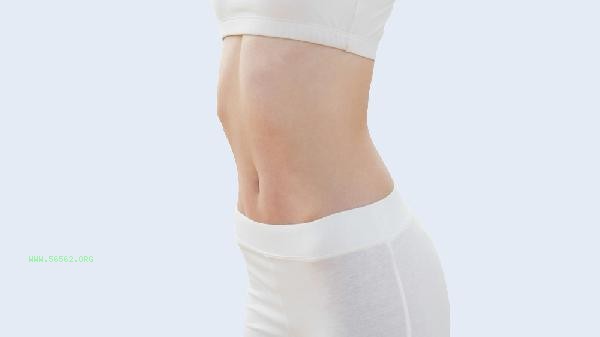During the weight loss period, it is recommended to consume konjac in moderation at night. The low calorie and high dietary fiber characteristics of konjac can help increase satiety and reduce the intake of other high calorie foods, but attention should be paid to the way of consumption and pairing.

1. Low calorie advantage:
Konjac contains only about 7-10 calories per 100 grams, much lower than rice or noodles. Its glucomannan component swells when it comes into contact with water, occupying stomach space and slowing down gastric emptying, making it suitable as a nighttime meal replacement option.
2. Dietary fiber function:
Konjac has a soluble dietary fiber content of up to 70%, which can promote intestinal peristalsis and adsorb oil. When metabolism slows down at night, this slow digestion characteristic can prevent a sudden increase in blood sugar and reduce the risk of fat accumulation.
3. Precautions for consumption:

Commercial konjac products may have high sodium content. It is recommended to choose boiled konjac balls or konjac tofu. Processed konjac snacks may add sugar and oil, which can actually increase calorie intake.
4. Reasonable pairing suggestion:
It is better to pair with green leafy vegetables and high-quality protein, such as konjac mixed with chicken breast or konjac kelp soup. Avoid consuming high starch foods together to prevent dietary fiber from affecting mineral absorption.
5. Special population restrictions:
People with weak gastrointestinal function may experience bloating. It is recommended to control the single consumption within 150 grams. Patients in the postoperative recovery period or with hypoalbuminemia should be cautious, as excessive konjac may affect nutrient absorption. When using konjac as a weight loss supplement, it is recommended to consume about 200 grams of boiled konjac 30 minutes before dinner, and pair it with 300 milliliters of warm water to enhance satiety. Long term single consumption may lead to insufficient protein intake, and daily protein intake should be ensured to meet the standard. When supplementing konjac products after exercise, an additional 20 grams of whey protein should be added to maintain muscle repair. Pay attention to bowel movements and adjust intake if there is persistent diarrhea. Although konjac can help control calories, the core of weight loss still needs to maintain a negative energy balance throughout the day.





Comments (0)
Leave a Comment
No comments yet
Be the first to share your thoughts!